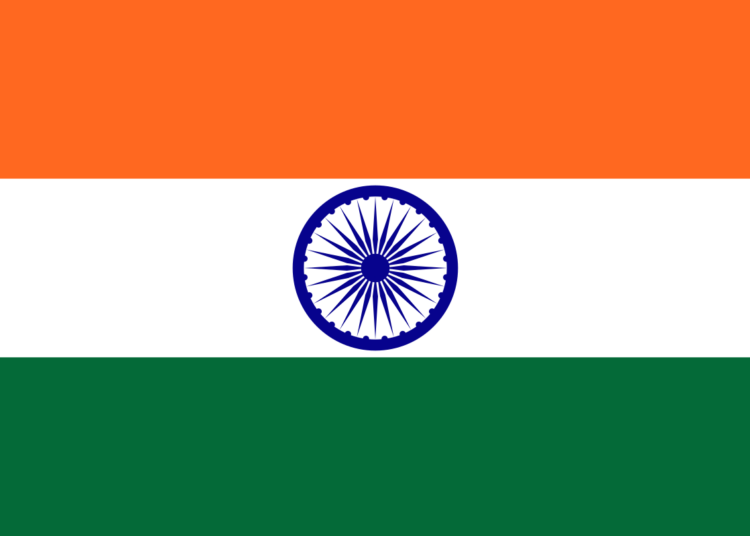The southern Indian State of Karnataka has introduced a landmark policy granting one day of paid menstrual leave every month to all women working in the formal sector, both in government and private companies.
The new directive, the first of its kind in India to fully cover the private sector, applies to women aged 18 to 52 and does not require a medical certificate. However, the leave cannot be carried over to the following month.
Officials said the policy will benefit about 350,000–400,000 women in formal employment. But it excludes millions more in the informal economy — including domestic helpers, daily-wage earners, and gig workers — prompting experts to call for broader inclusion.
Karnataka’s Labour Minister, Santosh Lad, described the policy as “one of the most progressive decisions for women.” Industry groups also said compliance will be seamless, noting that several companies had already introduced menstrual leave on their own.
Workers’ unions have welcomed the move, especially in sectors where women receive limited annual leave. Yet, concerns persisted as menstrual stigma remained widespread across India.
Some women feared the policy may be difficult to use openly due to cultural taboos, while others argued that menstrual leave was unnecessary and could deepen workplace biases.
Despite the debates, advocates said the terminology itself — menstrual leave — may help normalise conversations around menstruation.
Officials behind the policy urged women to make full use of the provision, insisting it is a step toward dismantling longstanding social conditioning and improving women’s wellbeing at work.





